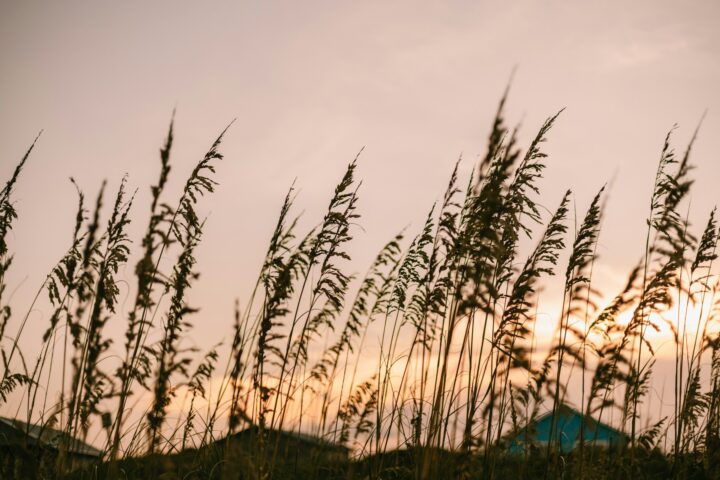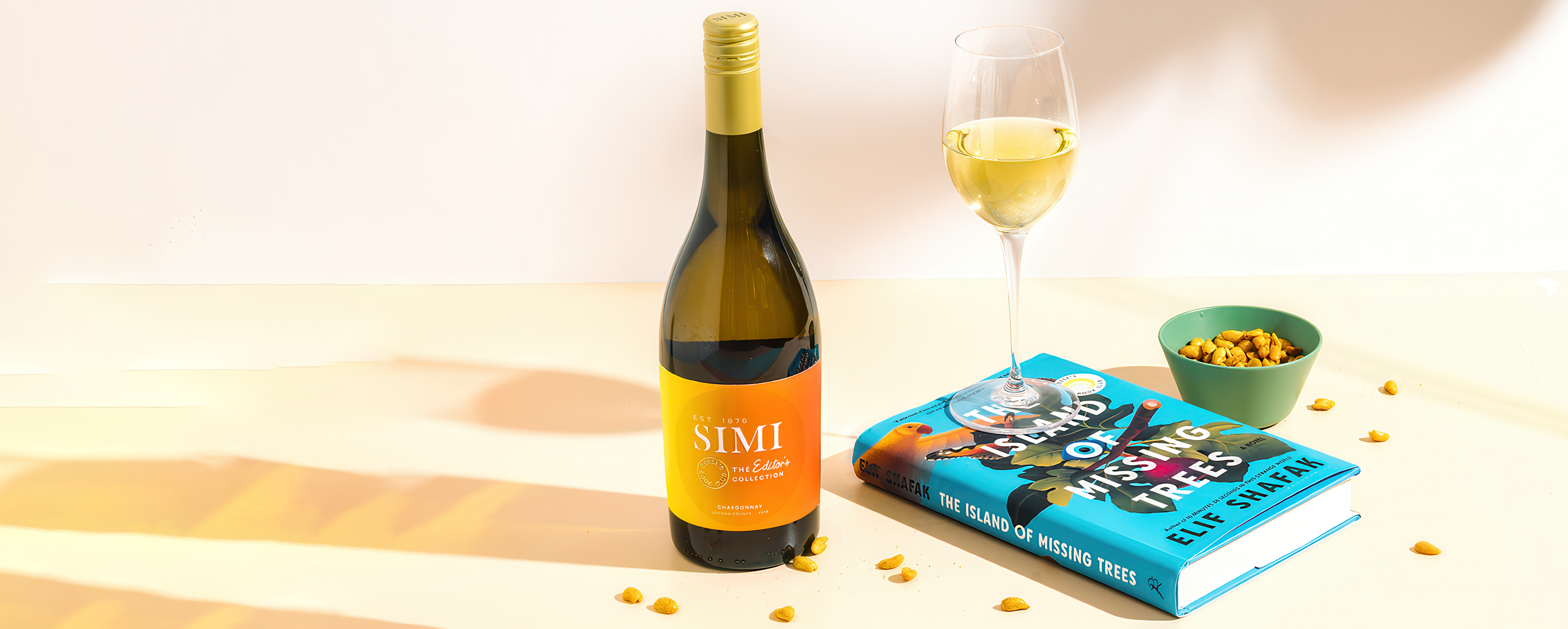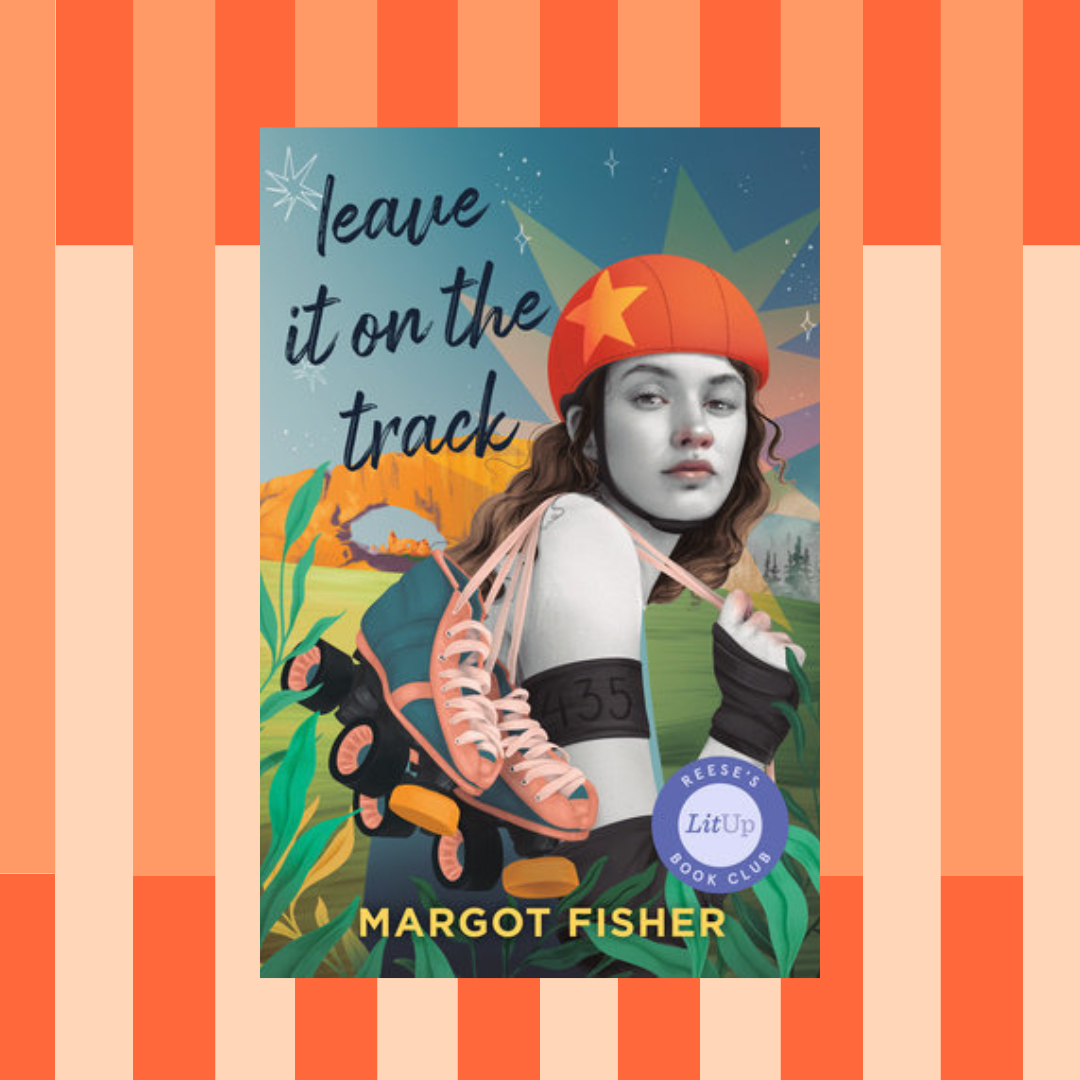When I was young and having an impossible time trying to decide between two things, my mother would always say: “Flip a coin. If you are disappointed by the outcome, do the opposite.” Your gut knows the answer even if you don’t, is what she was trying to say. My first job out of college was working at Cosmopolitan for Helen Gurley Brown, a magazine founded on the (then radical!) notion of female empowerment, of “Having it All.” Women, it told us, don’t have to choose or sacrifice; they can “have it all.” It’s a great mantra and an important battle cry. But here’s the thing: everyone, whoever you are, whatever age, whatever gender, has to make hard choices. And it is precisely those choices that define who we become. You can have it all, but you still have to choose which “all.”
“We’ve all been faced with these moments—choosing between one kind of happiness and another.”
When I started writing The Paper Palace, I was facing a very difficult crossroads in my personal life. I knew I had to move forward, but I felt frozen in place . . . because I wanted to be in two places at once. Flip a coin. Flip it again. Flip it again. The problem with my mother’s advice was that, as the saying goes, there are indeed two sides to every coin. So, what do you do when there’s no clear right answer, and yet your life depends on it? What if both sides of the coin are “heads”? “For me, Elle’s dilemma distills down to simple but universal questions: Who do I want to be? What parts of myself do I want to be true to in the end? Which choice will bring me closer to that goal?”
“Who do I want to be? What parts of myself do I want to be true to in the end? Which choice will bring me closer to that goal?”
It was the impossibility of that kind of choice that I wanted to explore in The Paper Palace. At the center of this story is Elle Bishop, a woman who has to make an impossible and life-changing decision in a single summer day at the run-down camp on Cape Cod, where she has spent every summer of her life. Twenty-four hours in Elle’s life in which she has to choose between the life she has made with her very excellent and genuinely beloved husband, Peter, and the life she has always imagined she wanted with her best friend and childhood love, Jonas. The choice Elle has to make is a choice between two completely different but equally powerful loves. We’ve all been faced with these moments—choosing between one kind of happiness and another. In this case, Elle must choose between a great love and a great love. There is no bad choice here . . . which also means there is no good choice. For me, Elle’s dilemma distills down to simple but universal questions: Who do I want to be? What parts of myself do I want to be true to in the end? Which choice will bring me closer to that goal?
Interestingly, though I didn’t realize it at the time, writing The Paper Palace became my choice. I came to an impossible crossroads and, instead of going left or right, I struck out across the muddy fields.



